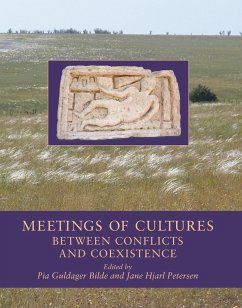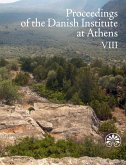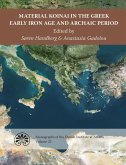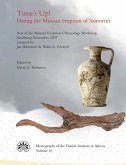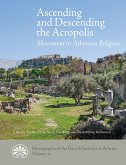As a theme, Meetings of Cultures in the Black Sea Region: Between Conflict and Coexistence arouses strong feelings. From the remotest Antiquity, the indigenous and nomadic non-Greek populations of the Pontic region were persistently viewed as one of the major Others, first of all by Mediterranean Greeks. And because the region geographically was located as a bridge between Europe and Asia it was, and still is, also part of a Europe/Asia discourse of dichotomy. As far back in time as Antiquity Western self-understanding and identity formation has been shaped not least through its colonial experiences. Until recently, such colonial experience has led to a very static picture in our analysis of colonial encounters. However, as a result of post-colonialism, post-modernism and now globalization our conception of colonization has undergone a rapid and far-reaching conceptual change. Gone are the days when the Black Sea region was seen as a sea of barbarian wilds enlightened by small flicks of Greek civilization along the coast. Settling the Black Sea region was a challenge for the Greeks. Compared with the Mediterranean, this happened relatively late, and the attempt of settling the land was not always equally successful. In fact, frequently the power balance was in favour of the indigenous population. Nevertheless, the cultivation of the land and the establishment of exchange systems must have been beneficial for all participants in the exchange network. In this volume, the acts of an international, interdisciplinary conference held at Sandbjerg Manor House, Denmark in January 2006 are published. 19 contributions by scholars from Denmark, France, Georgia, Great Britain, the Netherlands, Russia, and Ukraine give a profound discussion of various topics such as the physical arena of the colonial encounters as spaces of identity; the layout of land and protection of cities; the dynamics of the cultural exchange; the perception of how it was to be Greek in the Pontic realm, and finally the reciprocal strategies exerted by the Greeks and Scythians in Olbia as described in Herodotos' Fourth Book of his Histories. Through the many-sided contributions it is also revealed, how self and other is two sides of the same coin - yesterday, today and, tomorrow.
Hinweis: Dieser Artikel kann nur an eine deutsche Lieferadresse ausgeliefert werden.
Dieser Download kann aus rechtlichen Gründen nur mit Rechnungsadresse in A, D ausgeliefert werden.
Hinweis: Dieser Artikel kann nur an eine deutsche Lieferadresse ausgeliefert werden.

